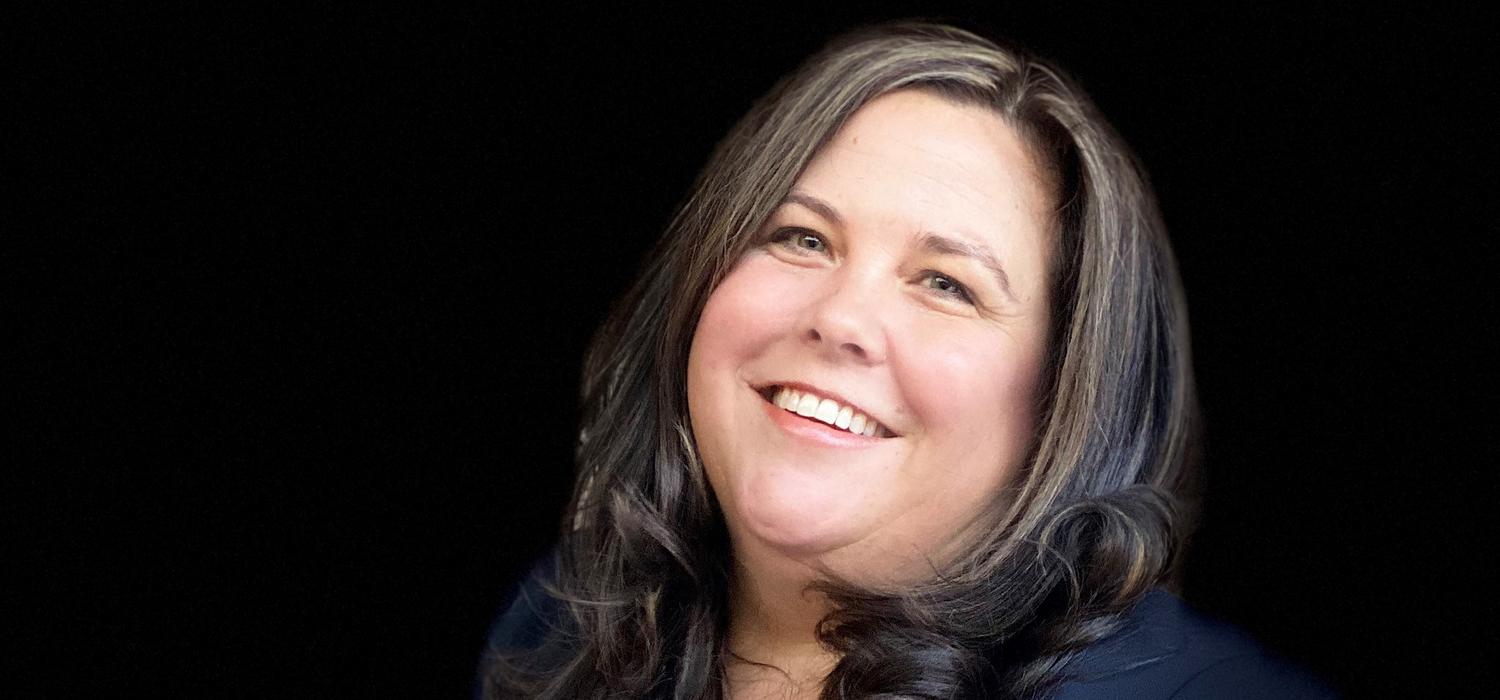Dec. 14, 2022
UCalgary mentorship expert shares her simple mentoring tips

UCalgary Nursing has been fortunate to have a mentorship researcher as a sessional instructor, a graduate student (MN’12, PhD’17) and now an assistant professor. Dr. Lorelli Nowell has presented many keynotes on mentorship, written and/or contributed to publications on the topic and most recently, with a multidisciplinary UCalgary team, has helped develop an online micro-credential course, the Power of Peer Mentorship, available to all students. In 2016, this team began to study the peer mentoring behaviours and experiences of students at the University of Calgary, the results of which led them to this course that introduces the benefits of peer mentorship.
“Various mentorship models can be used to engage in meaningful and mutually beneficial relationships that support growth and development,” says Nowell. “Mentorship crosses disciplinary and hierarchical borders and there are many evidence-based practices out there that help someone to initiate, sustain and assess their mentoring relationships.”
We asked Nowell for some simple tips to help those searching for a nursing mentor, how to establish communication once they find that mentor and what to do if the relationship is not going as you had hoped.
How do you find a mentor [outside of a mentorship program]?
“Consider colleagues whose work inspires you,” suggests Nowell. “Look through staff lists and departmental websites; express your interest in mentorship to colleagues; speak to the head of your department or your manager; and contact potential mentors/mentees to talk about mentorship.”
What are some ways to break the ice in the beginning?
Ask basic questions, says Nowell, around each other’s practice.
For example:
-
Why did you first get into nursing?
-
What aspects of nursing are most appeal to you?
-
What do you find most challenging about nursing?
-
What are your future goals for your nursing career?
-
What experiences and people have most influenced your aspirations to become a nurse?
-
What do we have in common as nurses?
-
What do you have to do in the next five years as you work towards your long-term goals?
-
Have you had to face and overcome barriers in your nursing practice?
-
What groups might you join or what people might you get to know for development in the areas you have identified as most important?
-
What steps do you need to take to make contact with such groups or people?
-
What networks are you engaged in that help you with your nursing interests?
What should your expectations be, if any, of the mentoring relationship?
“I believe It is important to discuss expectations to ensure mentors and mentees are on the same page,” Nowell comments.
In the initial meetings, she encourages discussion around these areas:
-
How often will you meet? (once/week/month/quarterly/yearly)
-
What do you need from each other to make this successful?
-
Communication frequency, modes and response times (text, email, phone, in-person)
-
Roles and responsibilities (who will arrange the meetings, who will develop topics for discussion)
-
Confidentiality (will you agree to keep conversations confidential?)
-
Strategies for managing conflict (what will to do if this is not working?)
-
Clear achievable goals (what do you both hope to get out of the relationship?)
What if your mentor/mentee and you do not 'click?' How do you 'break up?'
“Although many mentoring relationships continue indefinitely, there are also times when these relationships undergo transitions or require more formal closure,” Nowell explains.
Some mentoring relationships are bound by time or development needs may have been met or there may be challenges that make them no longer sustainable. These transitions should take place within environments of open and ongoing communication, as with any relationship.
“During times of mentorship transition and closure, I encourage mentors and mentees to reflect on the strengths and challenges in mentoring relationships,” she adds. “Spending time reviewing what worked and what didn’t allow mentors and mentees to identify areas for future mentorship development. Review your mentorship goals to self-assess your mentorship development and practices. It is important to understand that engaging in mentorship demonstrates a commitment to lifelong learning. These times of transition and closure present valuable opportunities for reflecting and developing future goals.”
Through NurseMentor, alumni of UCalgary Nursing have helped students become more confident nurses. Heading into our sixth year of mentoring, we hope to connect more talented RNs with our dedicated nursing students to share mutual insight and guidance. The purpose of NurseMentor is to support undergraduate student nurses in their professional and personal development and to engage nursing alumni in a meaningful way.
The 2022-2023 mentoring season is now open for registration. All undergraduate nursing students and alumni RNs are invited to join today.




